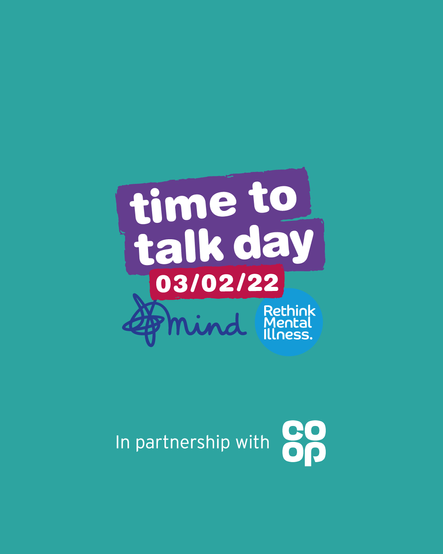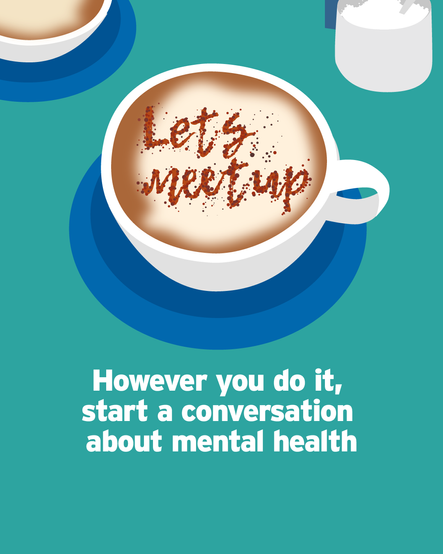Time to Talk Day! Mental Health Stigma
- Suzie Booth

- Feb 3, 2022
- 3 min read
3rd Feb 2022 hosts ‘Time to Talk Day’! Time to Talk Day is all about coming together, talking about our mental health, listening to others talk about their mental health and trying to instigate some change.
What often stops people from feeling like they can, or they want to open up about how they're feeling is the stigma they perceive other people carry around mental health. Or, the stigma, perhaps that they carry around mental. So, this month, we're going to be challenging mental health stigma; thinking about why it exists, how it exists, how it impacts on people, what we can do to prevent it and how you can try to instigate some change.
What is mental health?
We seem to have this way of carving ourselves up into two separate parts - we have our mental health and then we have our physical health. Almost like there is an actual barrier between our heads and the rest of our bodies, which separates them. But in reality, we are one person, we are one body, we are one being. So, when we're talking about mental health, we are talking about our HEALTH. We're talking about how we are, because our mental health impacts on our physical health and our physical health impacts on our mental health. It's incredibly difficult to be able to talk about one without talking about the other. But what people are traditionally thinking about when they're talking about Mental Health, is their emotional, psychological, social and behavioural well-being.
How is it different or the same as physical health?

It can feel much easier to talk about our physical health and we seem to be quite comfortable with the idea that there is quite a big spectrum in terms of our physical health. We may have slight cold we may have flu, and then that spectrum exists right the way up to needing an invasive operation or a terminal diagnosis. So, this spectrum exists all the way from a minor ailment, to a terminal diagnosis. The same thing exists for our mental health. We can be feeling a little bit anxious, a little bit worried about something, or a little bit low. And we can feel that all the way up to a much more serious diagnosis; severe depression or perhaps psychosis. Sometimes what may safeguard against reaching that more extreme end of the spectrum, would be to open up about how we are when we are at the milder end.
What might cause mental health stigma?
There have been a lot of campaigns over the last several years trying to reduce mental health stigma. But the reality is that most people who are experiencing a mental health difficulty still believe that stigma exists. And this might be for a number of different reasons.
Stereotypes exist in the media – those with mental health problems are often portrayed as dangerous, criminal, violent or heavily disabled and unable to live a normal or a fulfilling life.
What we miss in the media is the obvious; the characters and people who are struggling with how they're feeling, but it's never explicitly mentioned as a mental health difficulty.
Society often has stereotyped views and this can be fed to us not only through the media, but through family and friends. Watching how our own families cope with their mental health teaches us a lot about how ok it is to express how we are.
How can someone open up?
We need to ask others how they are and we need to be ready for what it is that they're going to tell us. But, it's about more than encouraging others to talk, it's also trying also to lead by example and tell others how we are. So, conversation starters can be – ‘how are you?’ But conversation starters can also be ‘I am feeling…’ This month we will be looking more closely at ways to challenge the stigma and start those conversations - see you all next week!
Top Tip
Today, on Time to Talk Day, let’s try asking somebody how they are, and try telling somebody how we are.
Suzie Booth
Counsellor MBACP












Comments